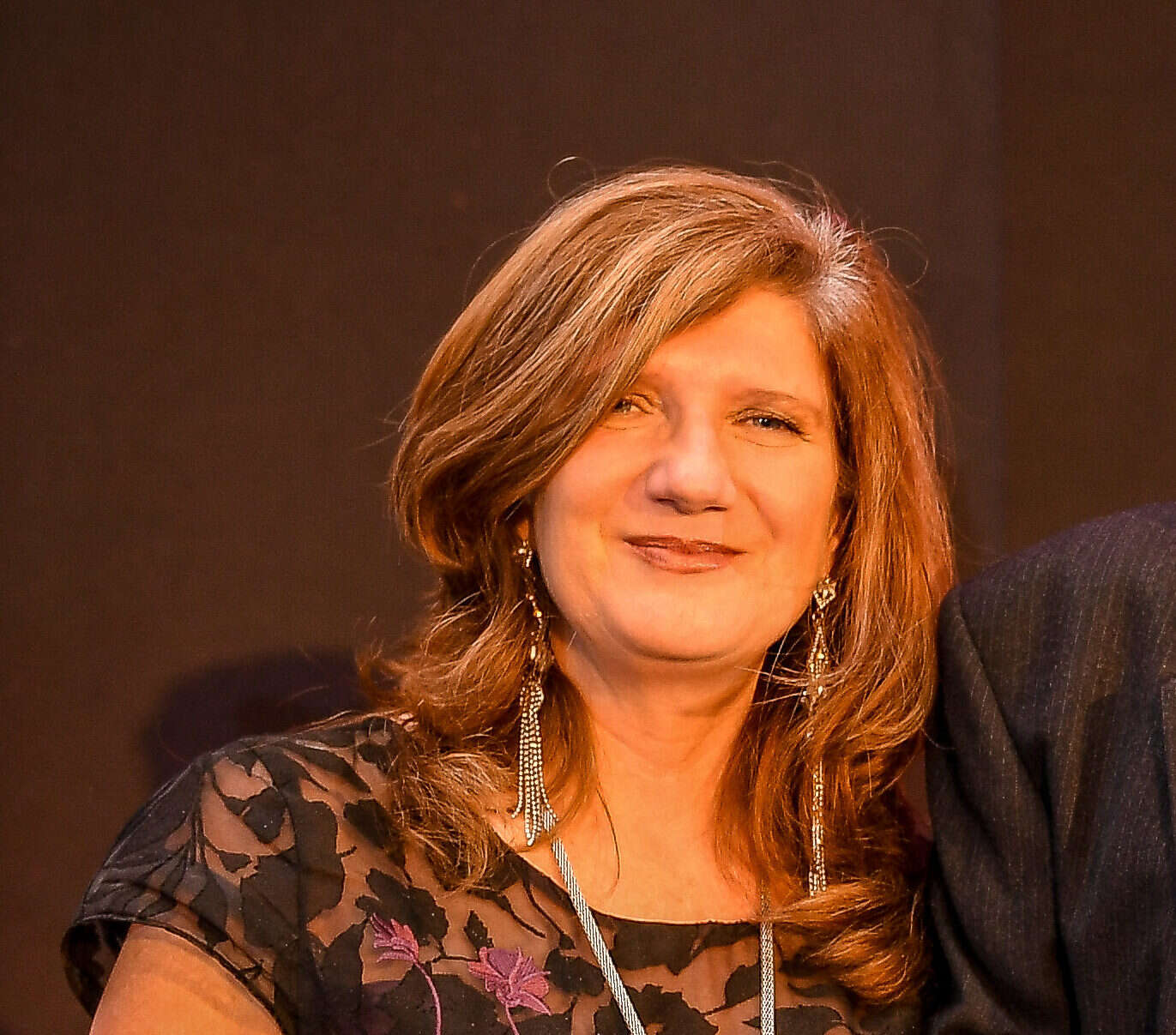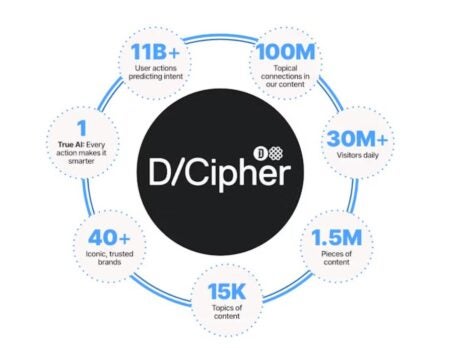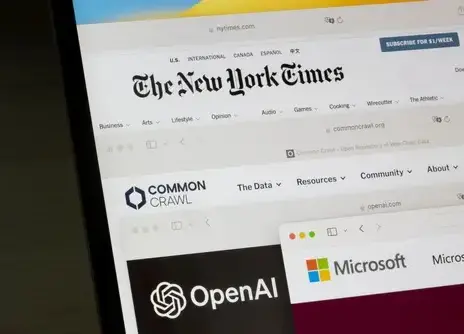
An acceptance speech written by science journalist Steve Connor before his death two weeks ago was read out at the British Journalism Awards last night after he was awarded the prize for Science and Health Journalism.
In it Connor raised concerns about the science publishing embargo system that he said “can work against the public interest and the right to know”.
Connor was praised by the judges for his award-winning scoop: “One giant step for designer babies,” that ran on the front page of the i newspaper on 27 July this year.
The judges described it as a “genuine world exclusive on a massive development in the world of science”.
They added: “With no access to embargoed information, this story was secured by old-fashioned source-based journalism after Connor heard that US researchers were working on techniques which would allow them to genetically modify embryos.”

Steve Connor
The i paper’s editor, Oly Duff, who worked with Connor for 14 years, paid tribute to the former New Scientist, Telegraph and Independent journalist he described as a “world-class pro who got scoop after scoop”.
“[Connor] had a wonderful talent for explaining complex ideas in everyday language without distorting them,” said Duff. “He believed in the power of science and science journalism in particular to improve lives and create to a brighter future.”

i editor Oly Duff
Friend of Connor’s journalist Tim Radford (pictured top, middle) shared a speech written by the science journalist, who died of cancer on 29 November aged 62, telling the crowd at the DeVere Grand Connaught Rooms in London that “it seemed appropriate that I should read it, as a voice that we will no longer hear again”.
Below is Connor’s acceptance speech in full:
When Hollywood makes a film involving animals they like to say that no animal was hurt or harmed in the making of this film. I feel I should be making a similar statement saying that no embargo was broken or breached in the making of this story.
The embargo system has been described as science publishing’s dirty little secret. Although I wouldn’t go quite as far as that — sensible embargo systems can and do work well — I also think that the iron glove approach of the big science publishers towards imposing embargoes on scientists can work against the public interest and the right to know.
Take the human embryo study behind this story.
The first reaction of the scientist involved when I approached him was to tell me that it was all under embargo. What he meant was that he was not allowed to talk to me about it and I was not allowed to write about it.
This was essentially why the American and indeed world public didn’t even know of the existence of this study into the genetic modification of human IVF embryos by the Crispr gene-editing technology.
And yet, the science journal involved had not released any embargoed information and had not imposed any media embargo on any aspect of this work. Curiously, when I mentioned this at the end of my copy, the journal rang me to say that by doing so I had broken its non-existent embargo — a concept worthy of Machiavelli himself.
And the last time I checked I was still suspended from the journal’s coveted list of trusted embargo-keeping journalists.
By the way this kind of thing has a corrosive effect on wider science journalism. When rival news desks ask their science correspondents why they didn’t have the story, my colleagues already have the pat answer: because Steve Connor broke the embargo.
So, to reiterate, no embargo was broken or breached in the making of this story and I thank the judges for their recognition this evening.
I also want to thank my wife for nursing me through some pretty hideous health issues over the past year.
And I’d like to thank the amazing night team at the i newspaper who, precisely because of fears of an imminent embargo suddenly being imposed on them, tore out an existing spread and front page in order to get my copy into the paper with minutes to spare.
Special mention goes to night editor Dave Connett, and news desk editors Andy Webster and Rob Hastings.
Finally, many thanks to i editor Oli Duff for giving me valuable print space and continuing to believe in my journalistic delivery. By the way, he’s the one here tonight who’s obviously discovered the secret of Shangri La — he gets younger every time you see him.
Email pged@pressgazette.co.uk to point out mistakes, provide story tips or send in a letter for publication on our "Letters Page" blog






